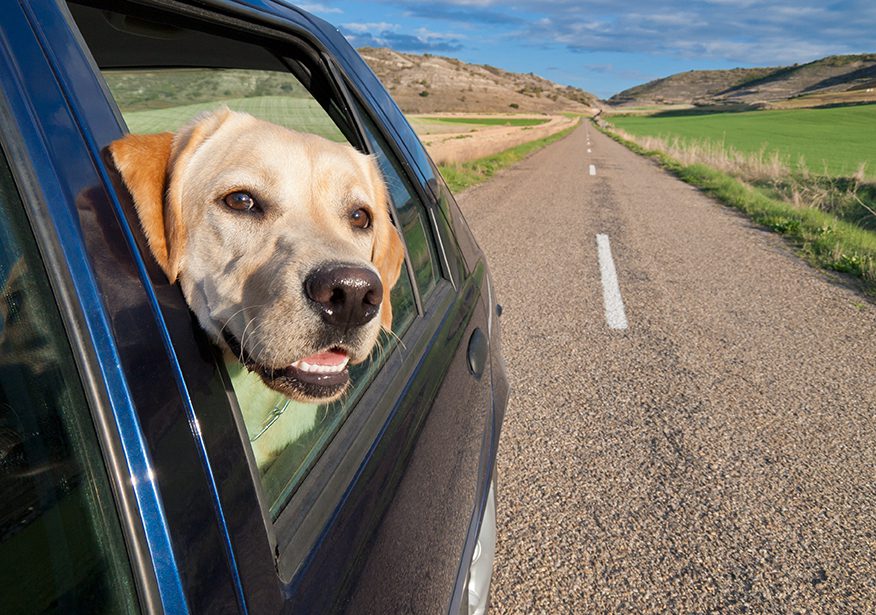What veterinarians and their clients should know about APHIS 7001 forms and health certificates for pets
Traveling with or transporting small animal species (cats, dogs, ferrets, rodents, birds, lizards, etc.) may require a Certificate of Veterinary Inspection (CVI) from a veterinarian, depending on state laws.
CVIs, also known as health certificates, show that animals have been examined by a veterinarian and that they are healthy for travel and free of transmissible disease.
“State animal health movement rules are in place to protect the animal population of the state,” says Dr. Robert Cobb, the State Veterinarian for Georgia. “Also, these laws ensure that an animal traveling into the state is moving into a safe and healthy environment.”
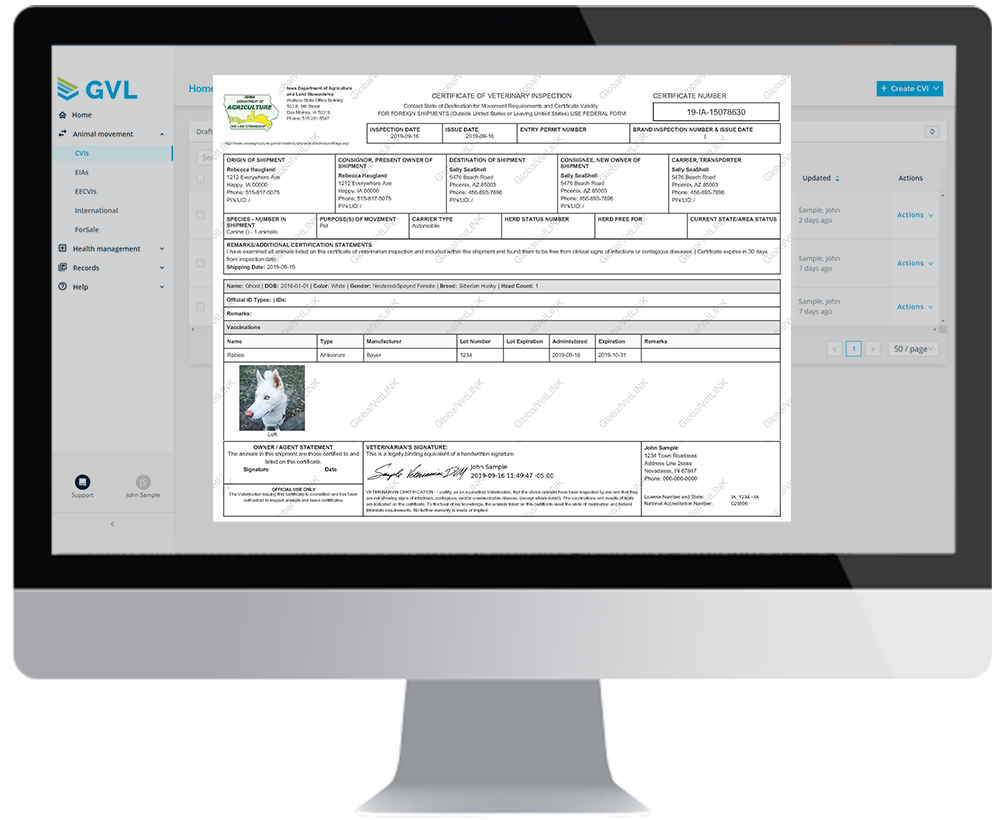
The APHIS 7001 form has been provided by the USDA to veterinarians since 1986 as a health certificate for interstate travel of small animals. However, these forms became available as a downloadable pdf in recent years, and many state animal health officials no longer accept these forms because of several critical changes.
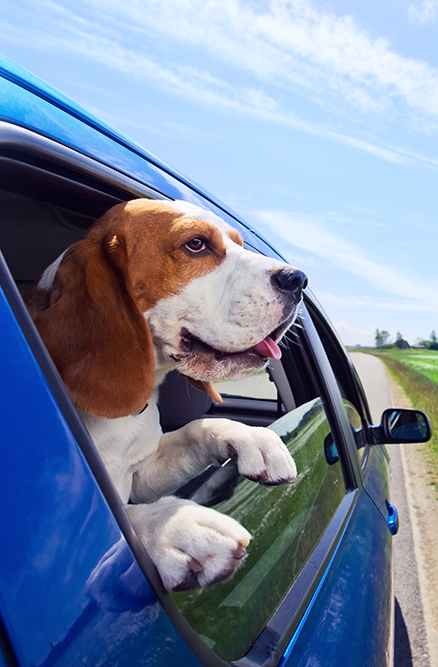
Changes in small animal movement regulations
Many states have made changes to their regulations to reject the APHIS 7001 forms completely, citing these key reasons:
- 7001 forms are accessible to anyone, not just accredited veterinarians;
- The forms don’t have a unique identifying number, which prevents tracing the origin;
- There’s a higher tendency to forge a vet’s signature and create fraudulent 7001 forms.
Georgia is one of the many states that have already stopped accepting APHIS 7001 forms for health certificates.
“We do not accept the 7001 forms because there is no security or unique identifier associated with the form,” explained Dr. Cobb. “We have seen instances where a licensed veterinarian’s name is forged on 7001 forms and most often, it is impossible to trace the animals listed or the document forger.”
In addition to the states that have officially rejected 7001 forms, at least eight other state governing bodies have their regulations under review to consider rejecting them.
As of July 25, 2023, these states no longer accept APHIS 7001 forms for small animal movement.
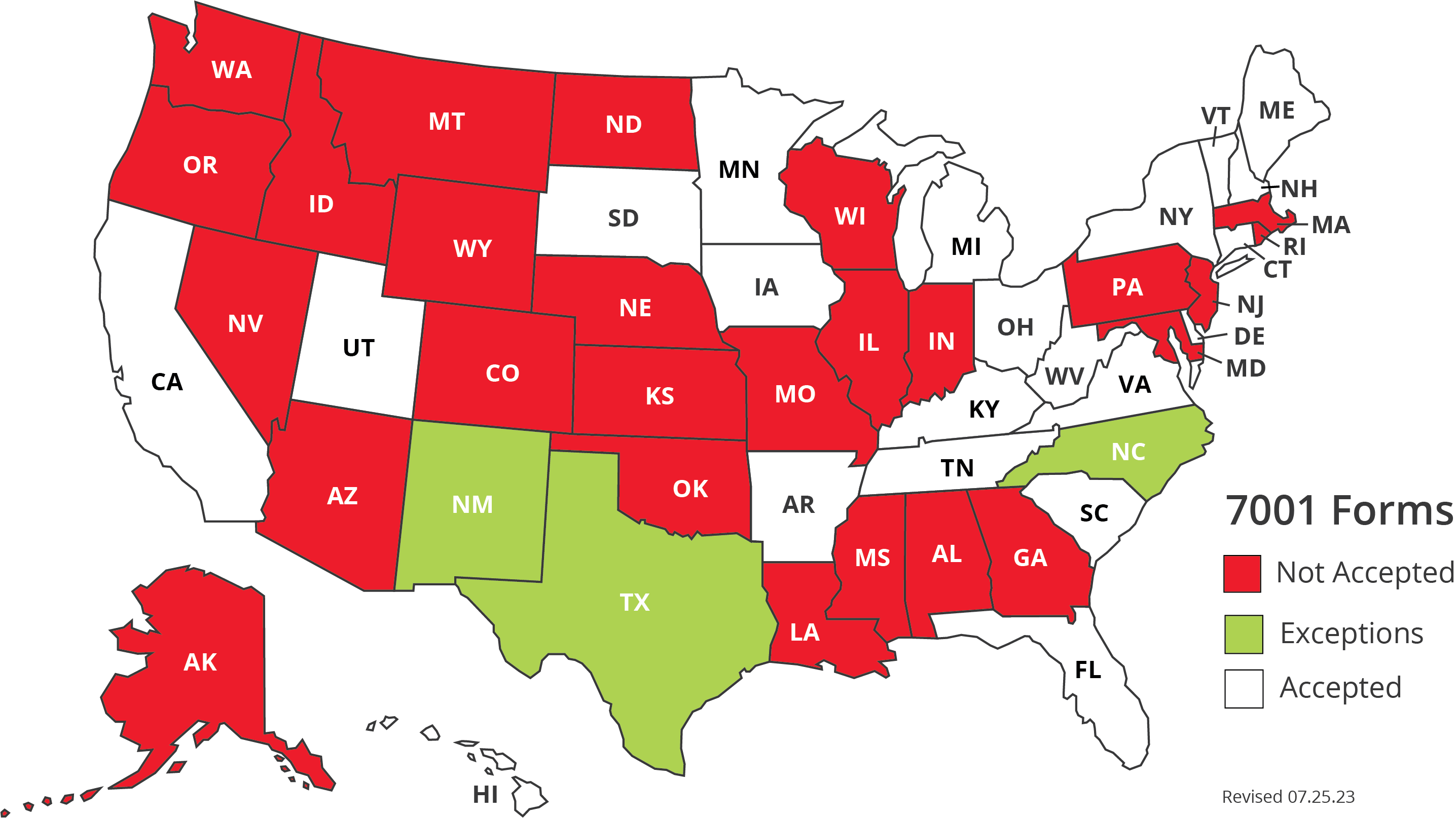
Efforts to improve small animal traceability
While animal disease traceability has been common in the livestock and food animal industry for years, small animal movement has had less regulatory oversight. However, the concern about potential disease transmission is still present in small animal movement.
Even among the states that still technically accept 7001 forms, many state veterinarians discourage their use and encourage veterinarians to embrace more secure alternatives and utilize digital health certificates for interstate movement, exhibition or shipment.
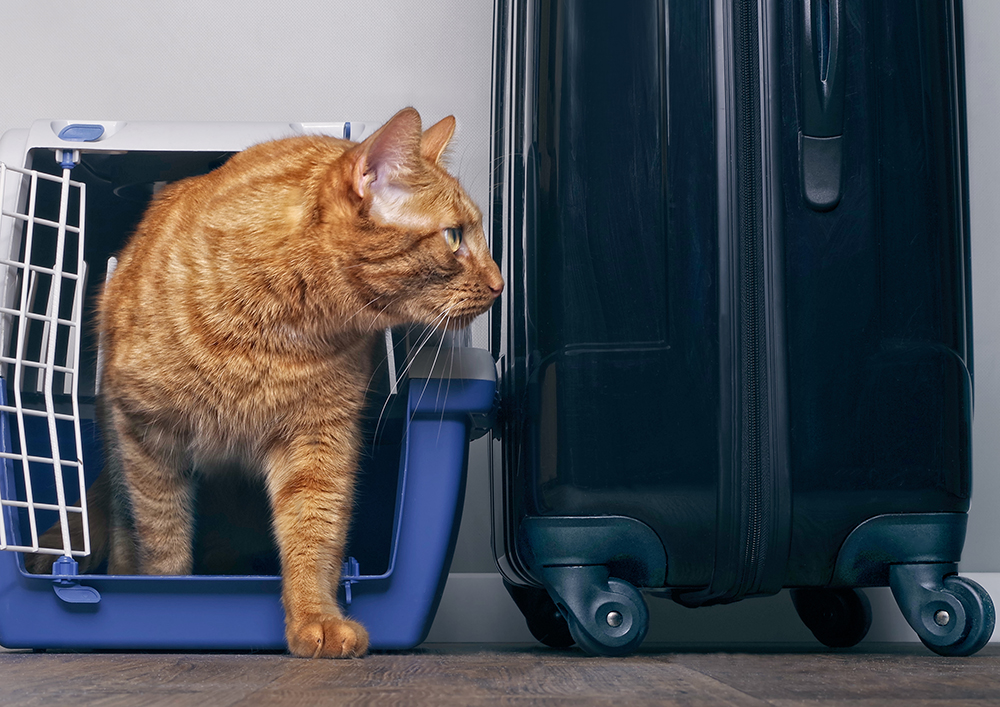
“There are multiple CVI options available to securely and legally move animals,” Dr. Cobb stated.
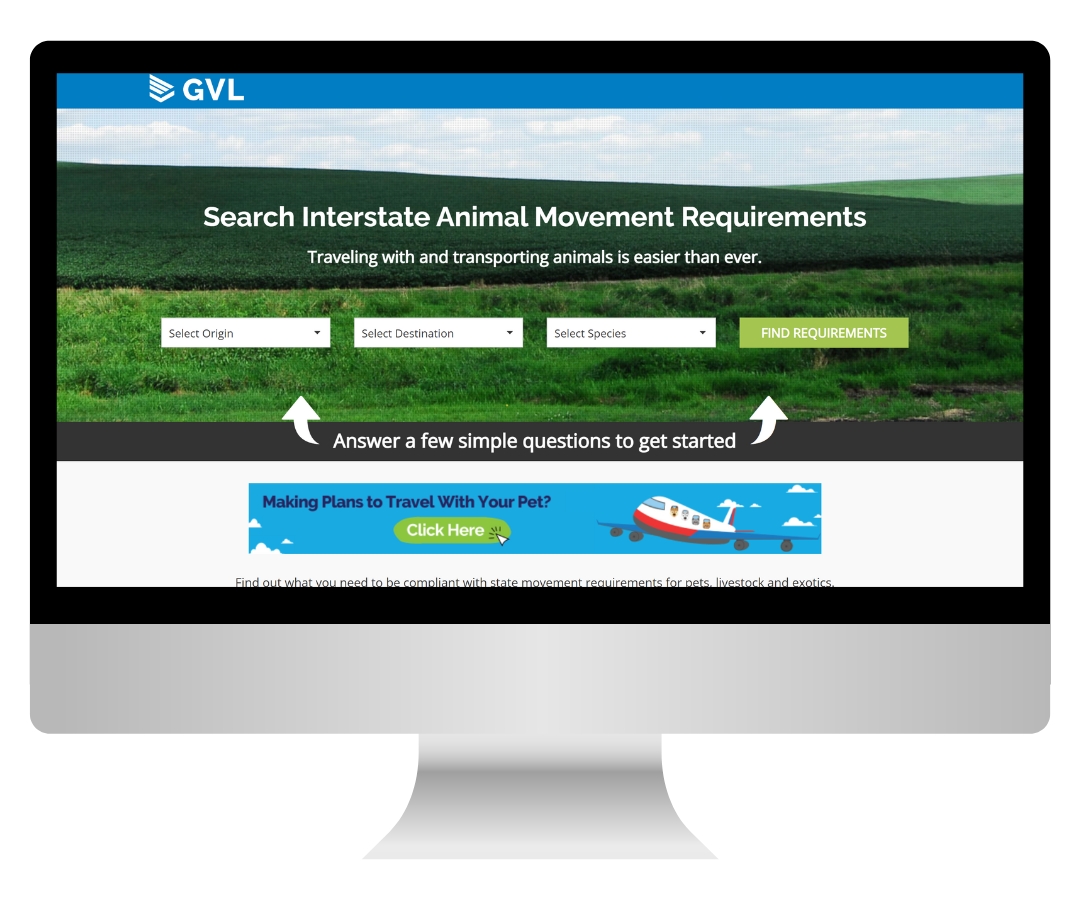
Where to find state requirements
Each state has their own documentation requirements for small animals entering the state, but most states do require a CVI for small animals. That may include owners traveling with pets, animal rescue organizations, and breeding companies that may move a large amount of animals at a time.
A free resource for looking up interstate movement requirements is www.AnimalRegs.com. This public site, built by GlobalVetLink (GVL), incorporates information sourced from state animal health officials to provide current regulations and requirements for moving any animal species from state to state.
GVL’s software platform for veterinarians also incorporates these movement requirements into the creation process of CVIs and auto-checks for errors.
Digital solutions for 7001 forms
If your state hasn’t rejected 7001 forms yet, it’s a good idea to start preparing now for any changes that my come in the future.
According to Dr. Cobb, “For any form to be used as an official CVI [in Georgia], it must be: secure; uniquely identified; issued by a licensed and accredited veterinarian; and meet the standards set by the USAHA and National Assembly.”
If still using 7001 forms, find an alternative to use today. When evaluating a solution that makes sense for you, check into these features and service provider options before deciding:
- Built-in state requirements – saves time in having to look up what states require on CVI
- Instant submission to state veterinarian – takes care of the communication right away
- Digital sharing with client – provides the owner with 24/7 access to their certificates
- Retaining customer information – pulls client information into certificate for faster processing
- Searchable account storage – holds all records, history and client information
- Customer support team – helps with issues, system errors and general questions
- Emergency plan – company assists with certificates during extreme weather
With GVL, veterinarians have a secure, universally accepted CVI system that offers all of the above features and benefits.
GVL’s digital CVIs are accepted by all 50 U.S. states, and are an official option to replace 7001 forms for interstate travel of all animals. GVL also works directly with state animal health officials to ensure their platform is accurate and compliant. Plus, veterinarians can quickly and easily share digital certificates with clients, which they can access in their MyVetLink account.
With a fully staffed customer support team, GVL offers extra training, troubleshooting and assistance that is uncommon in competitive solutions.
Summary
Overall, most state animal health officials see the end of 7001 forms as a positive trend in the industry with more secure and compliant options available for interstate movement. This is an opportunity to move toward safer and more secure CVIs, especially with digital formats.
“Rules are made to prevent the spread of unwanted disease,” Dr. Cobb said. “It takes everyone following the rules to maintain a healthy animal industry – both livestock and pets.”
If you’d like to see how the GVL system can help you with CVIs, regulatory compliance and client communications, contact a GVL team member today: 515-817-5701, sales@globalvetlink.com.
